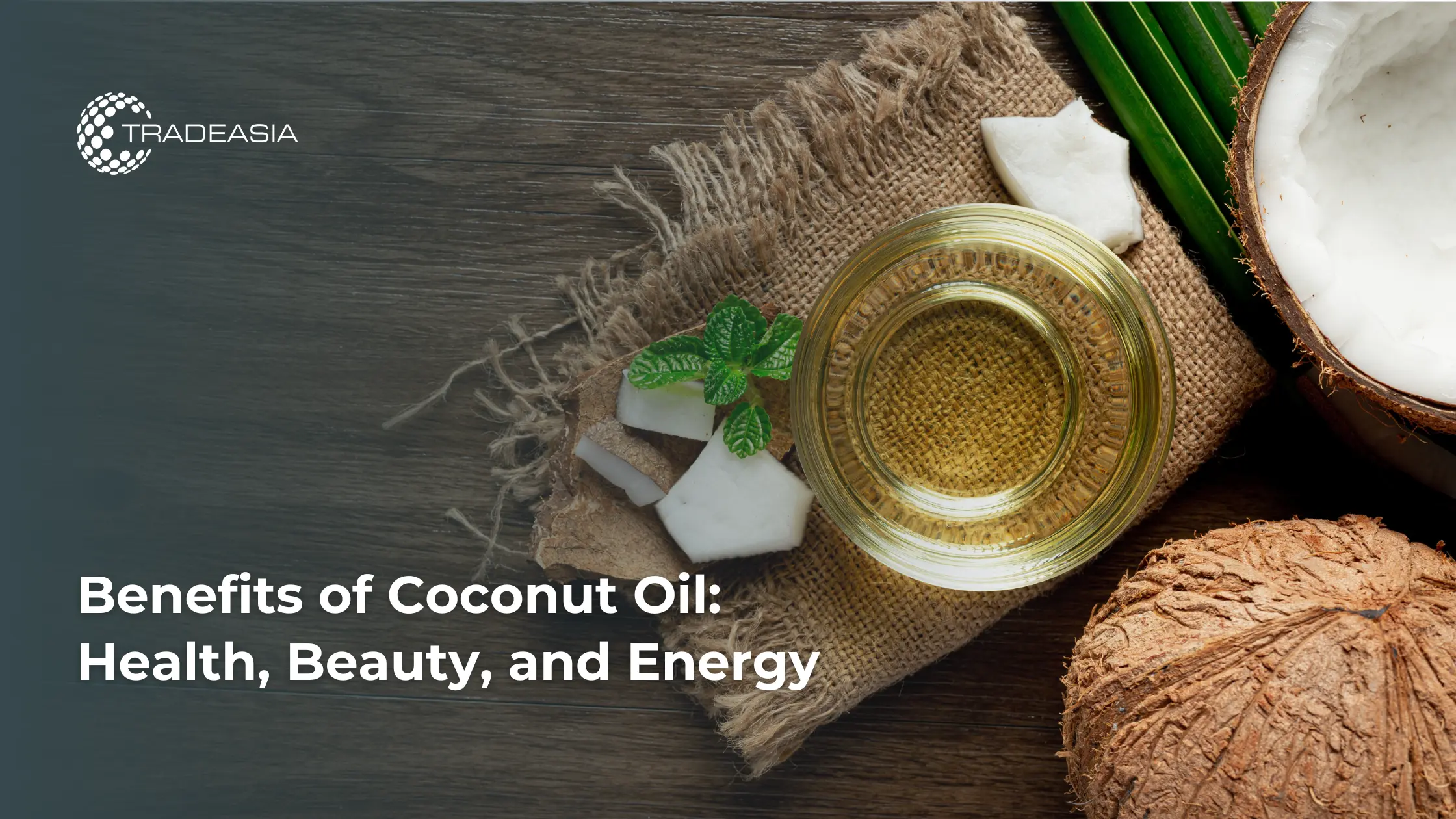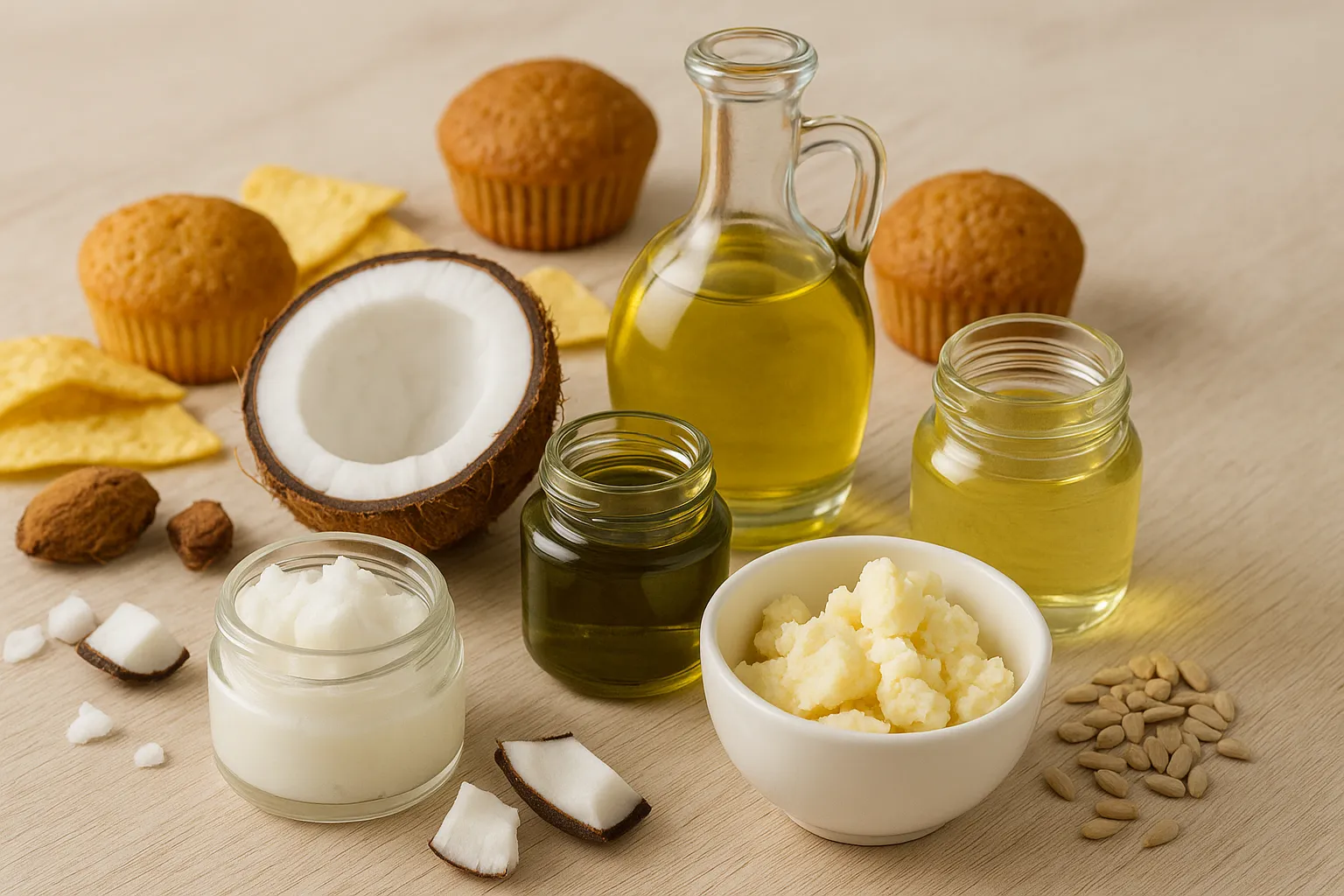Introduction to Coconut Oil Spray in Food Preparation
Coconut oil spray is transforming how both home cooks and food manufacturers approach non-stick cooking and healthy oil application. Derived from refined or virgin coconut oil, it is packaged in convenient spray form for easy, even distribution on cooking surfaces or directly on food. This makes it ideal for grilling, roasting, baking, or air frying.
Unlike traditional oil pouring, coconut oil spray offers portion control, minimizing calorie intake while still delivering flavor and function. The spray mechanism allows precise application, which is beneficial for dietary plans requiring fat limitations. For food processors and commercial kitchens, it also improves workflow efficiency and hygiene.
According to a report from Future Market Insights, the global demand for natural cooking sprays is increasing, especially those made from tropical oils like coconut oil due to their clean-label and non-GMO appeal. This trend shows strong potential in both consumer retail and foodservice sectors.
Key Benefits of Coconut Oil Spray for Health-Conscious Consumers
Coconut oil is naturally rich in medium-chain triglycerides (MCTs), which are known to support energy metabolism and potentially aid in weight management. Using coconut oil spray in daily cooking routines allows consumers to reap these benefits while avoiding overuse of fats. It’s an excellent alternative to butter, margarine, or high-saturated animal fats.
Coconut oil spray is also free from trans fats and often formulated without propellants or additives, especially in organic or clean-label variants. This aligns well with current consumer trends that prioritize natural, allergen-free, and keto-friendly ingredients. Products labeled as “non-aerosol” are gaining particular attention for their eco-friendly packaging and safer usage.
Moreover, coconut oil's natural antibacterial and antifungal properties can be an added benefit for food safety. Its mild yet distinct flavor enhances roasted vegetables, grilled proteins, and even popcorn, offering versatility and taste without compromising nutrition.
Commercial Use of Coconut Oil Spray in Food Industry
Beyond home kitchens, coconut oil spray is widely adopted in commercial food manufacturing—especially in baking, snack production, and foodservice catering. It's often used to prevent sticking in baking trays, pans, and molds. Compared to brushing or greasing with liquid oil, sprays reduce wastage and labor costs.
In food packaging applications, coconut oil spray can be applied as a coating agent for dehydrated fruits, granola clusters, or protein bars to improve texture and shelf life. This method avoids soaking the product and offers a thin, consistent layer that enhances mouthfeel and appeal.
According to Allied Market Research, the demand for spray oils in food production is projected to grow steadily due to increased mechanization and focus on healthier formulations. Coconut oil’s oxidative stability also makes it ideal for longer production runs with minimal quality degradation.
Formulation and Packaging Considerations
Formulating a high-quality coconut oil spray involves maintaining the right viscosity for atomization and ensuring stability over varying temperatures. Some products use a blend of coconut oil and other neutral oils or lecithin to enhance sprayability. It's critical that the formulation remains liquid at room temperature, especially in temperate climates.
Packaging options range from aerosol cans with propellant gases to bag-on-valve (BOV) systems and non-aerosol pump sprays. Each has different benefits: aerosols offer finer mist, while BOV and pump sprays are seen as more environmentally friendly and safe for food-grade products.
Producers must also comply with food safety regulations like FDA approval in the US, EFSA in Europe, and BPOM or SFA in Southeast Asia, depending on the distribution market. Clear labeling and documentation are essential, particularly for organic, halal, or kosher certified products.
Choosing the Right Supplier of Food-Grade Coconut Oil Spray
Working with a reliable supplier ensures consistent product quality, regulatory compliance, and scalable supply. Suppliers should offer coconut oil that is refined, bleached, and deodorized (RBD) or virgin cold-pressed, depending on your target market’s preferences.
Food manufacturers should prioritize vendors who provide documentation such as COA (Certificate of Analysis), MSDS, and traceability reports, as well as customization for fat content or additives. Shelf stability and microbial control are also key quality metrics to request in sampling stages.
At Food Additives Asia, we connect B2B buyers with trusted suppliers of food-grade coconut oil spray, tailored for health food, bakery, and cooking oil industries. From bulk supply to custom packaging, we simplify sourcing with competitive pricing and fast delivery across Asia-Pacific and beyond.


Leave a Comment